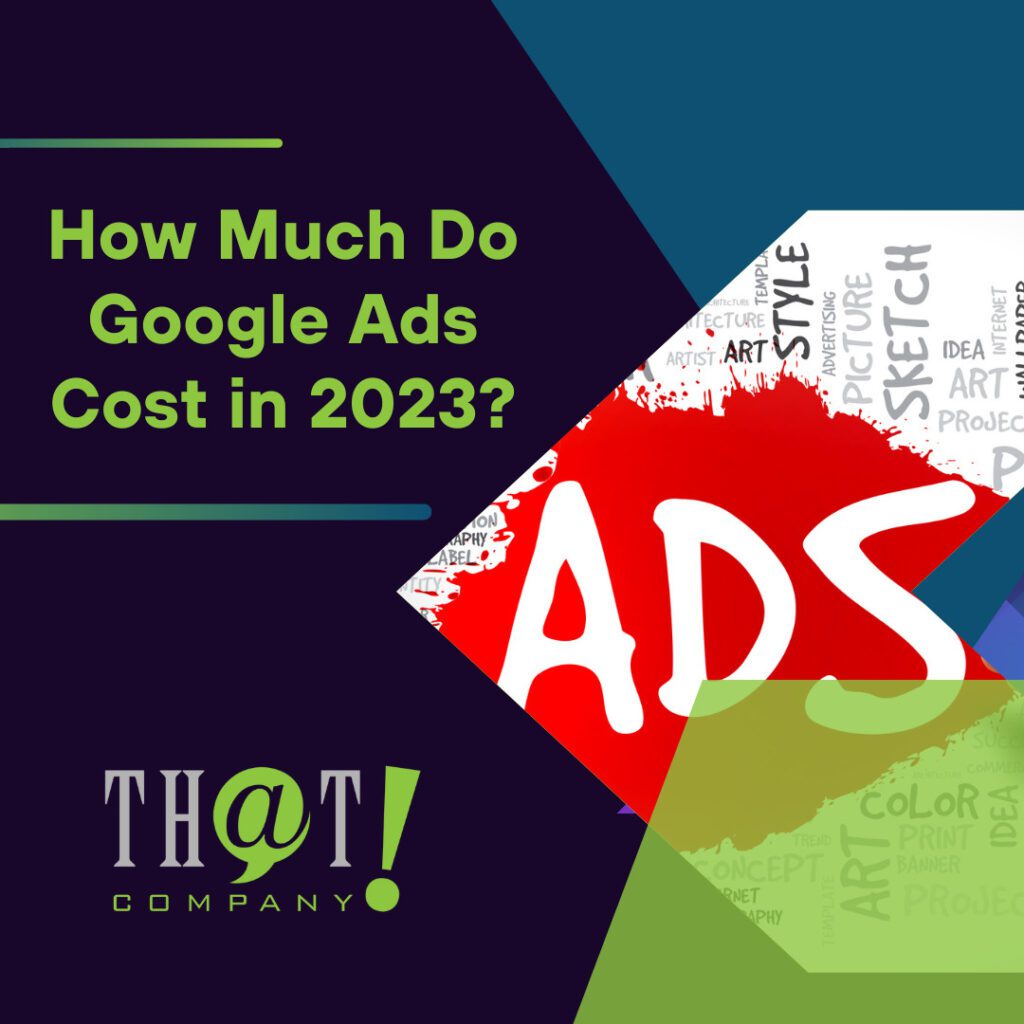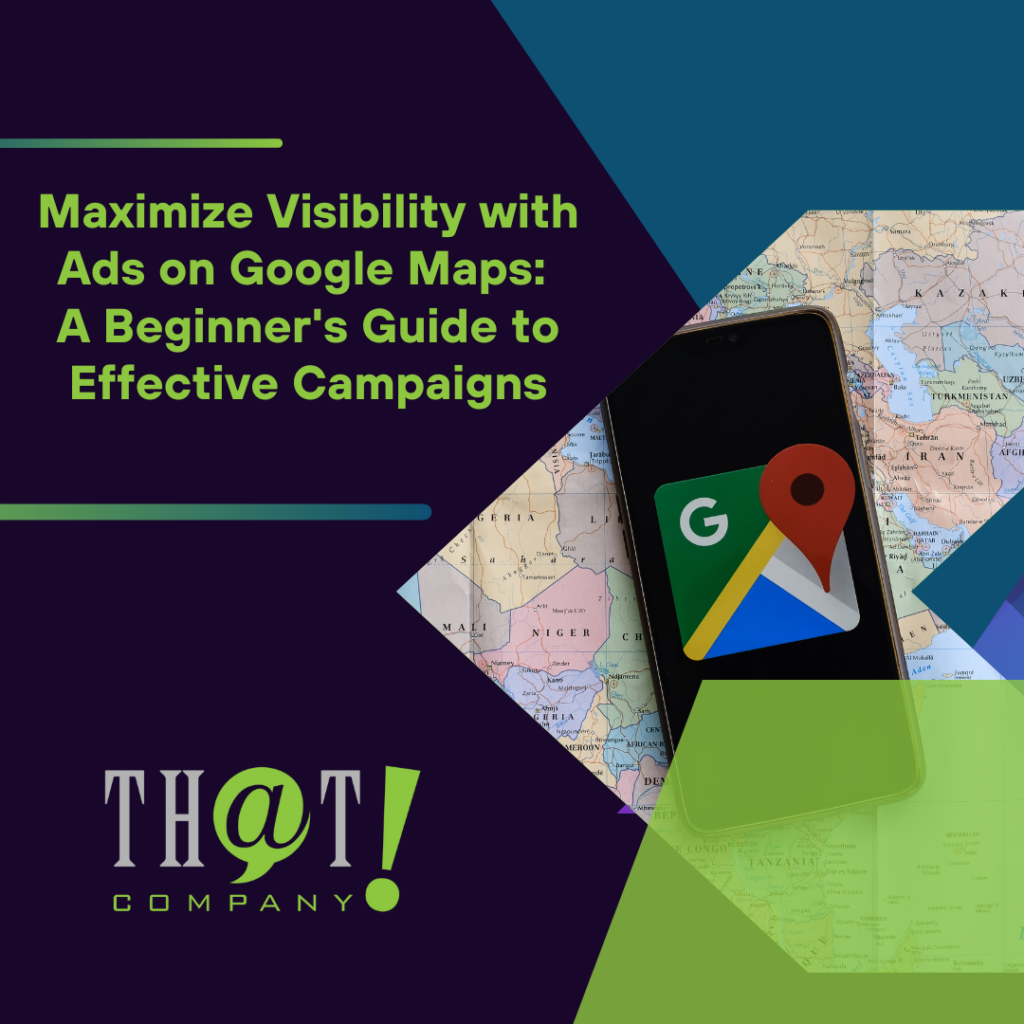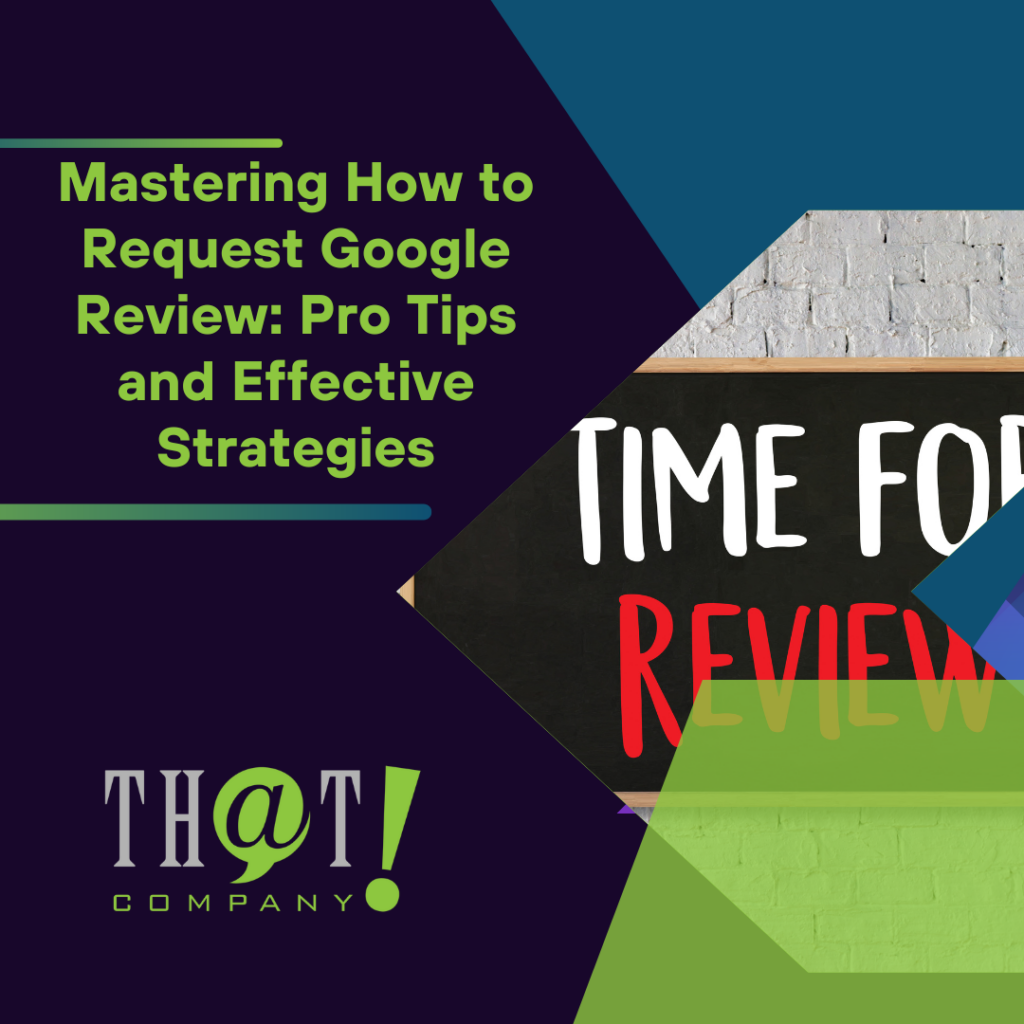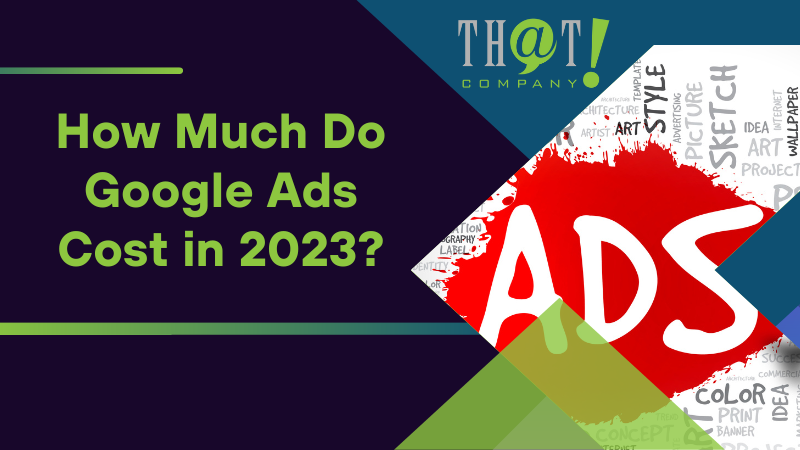
Are you curious about the costs associated with white label running a Google Ads campaign and the factors affecting it? Look no further! In this comprehensive guide, we’ll dive deep into the world of Google Ads costs, exploring how much Google Ads cost in 2023 and how various factors, such as industry, location, and audience, can impact the overall pricing. Get ready to uncover the secrets to optimizing your Google Ads budget for the best return on investment!
Understanding Google Ads cost and the various factors that affect it is essential for successful campaign management.
Industry, location, audience targeting, and Quality Score all play a role in dictating costs.
Optimizing campaigns through budgeting strategies, optimization techniques & partnering with an agency can help reduce ad spend while maximizing ROI.
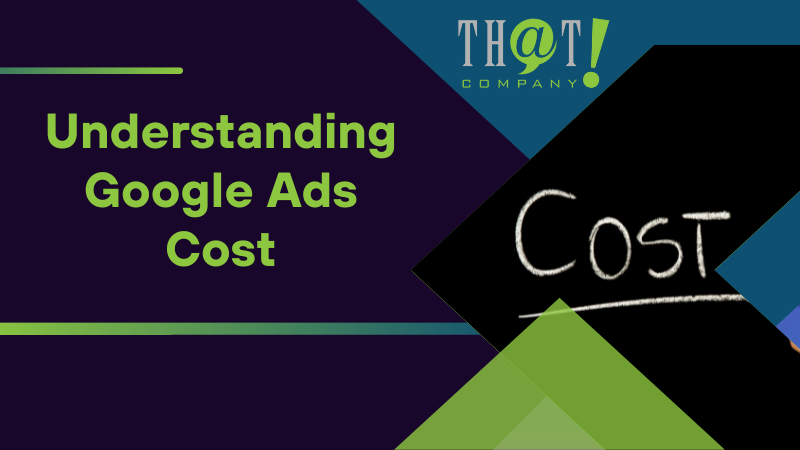
Understanding Google Ads Cost
Google search results. Ads cost can be a complex subject, with multiple factors contributing to how much you might spend on a campaign. To begin with, the average cost-per-click (CPC) for the Search Network typically ranges between $1-2, whereas the Google Display Network sees an average CPC of under $1. Keep in mind that these are just averages, and actual Google advertising costs can vary depending on various factors. So, when you wonder “how much Google ads” will affect your budget, remember that it’s essential to consider these factors, including your monthly Google ads spend.
One of the key factors affecting Google Ads pricing is the industry you’re in. For instance, business services and legal industries often have the highest average CPCs. Other factors that can influence pricing include company size and ad placement. To effectively manage your Google Ads account, it’s crucial to understand these factors and optimize your campaigns accordingly.
Google Search Engine. Ads employ a Google ads auction model to determine advertising costs, directly impacting your ads spend. This means that the highest bidder doesn’t always win, and the cost you pay doesn’t necessarily equate to your maximum bid. To make the most out of your Google Ads campaign and budget, optimize your cost-per-click and create relevant ads and landing pages that result in a positive return on investment (ROI).
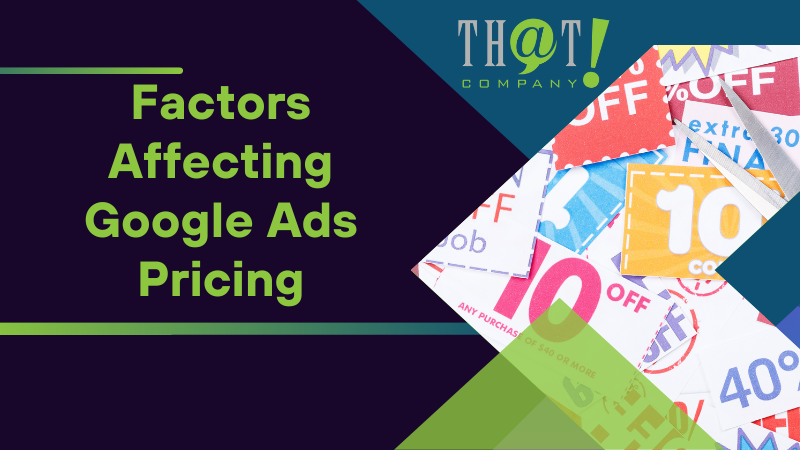
Factors Affecting Google Ads Pricing
As mentioned earlier, industry competitiveness and location significantly determine Google Ads pricing. Businesses in competitive industries or countries with higher living expenses may find their costs to be higher than average. But don’t worry, understanding these factors can help you make informed decisions and optimize your campaigns effectively.
Let’s delve deeper into how industry and location, among other factors, influence Google Ads costs, and discover strategies to optimize your ad budget based on these factors.
Industry Influence on Google Ads Costs
Industry plays a considerable role in determining Google Ads costs. Industries like legal, insurance, and finance typically have higher CPCs due to high customer value. For example, real estate, accounting, and legal services often exhibit higher cost-per-click rates. This is because the potential for a single client to generate substantial revenue, sometimes even up to $10,000, makes these industries more expensive in terms of CPC.
On the other hand, industries such as travel and hospitality, ecommerce, and advocacy generally have lower CPCs in Google Ads. For instance, the average CPC for the Consumer Services industry on the search network is $6.40, and $0.81 on the display network. The Travel and Hospitality sector has an average CPC of $1.53 on the search network. On the display network, this number drops to $0.44.
Being aware of the industry-specific Google search engine. Ads costs can help you manage your monthly ad budget more effectively. By understanding how your industry’s average CPCs compare to others, you can allocate your resources wisely and make better-informed decisions about your Google Ads campaigns.
Location and Audience Impact on Google Ads Costs
Location and audience targeting can also significantly impact Google Ads costs. For example, the average cost-per-click can vary depending on the user’s location and the geographic area where the ads are displayed. Countries with higher living expenses and more competitive markets may result in higher Google Ads costs.
To optimize your Google Ads costs based on location and audience, consider targeting specific locations where your target audience is most likely to be present. This strategy can help you reach the right people, at the right time, and in the right place, without wasting your ad spend on irrelevant clicks.
Understanding how location and audience targeting affect your Google Ads costs can help you optimize your campaigns more effectively and achieve better results for your business.
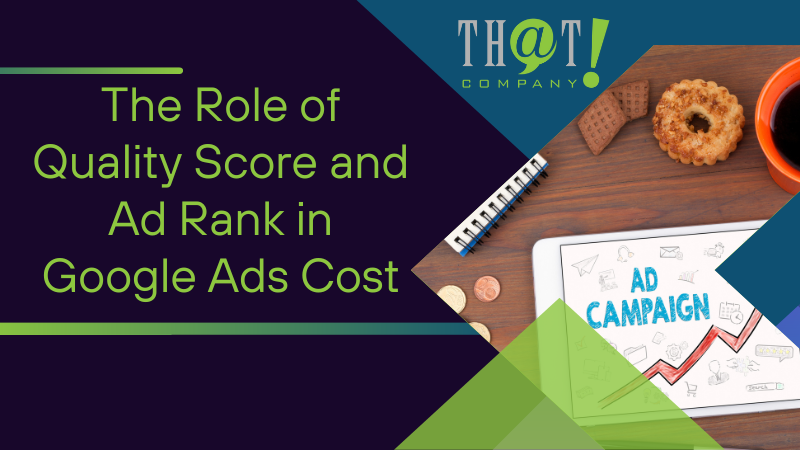
The Role of Quality Score and Ad Rank in Google Ads Cost
Quality Score and Ad Rank play crucial roles in determining your Google Ads cost. Quality Score is a metric that evaluates the relevance and quality of your ads and landing pages, while Ad Rank is the result of multiplying your Quality Score by your maximum bid. A higher Quality Score can lead to lower costs and better ads placements. In fact, having a higher Quality Score can result in approximately $2 saved per click, which can amount to a daily savings of up to $200 with 100 clicks per day.
To improve your Quality Score and Ad Rank, it’s important to focus on creating relevant ads and landing pages and optimizing your keyword targeting and bids. By exercising control over your CPC bid and Quality Score, you can effectively manage your Google Ads cost and achieve the best possible results for your campaign.
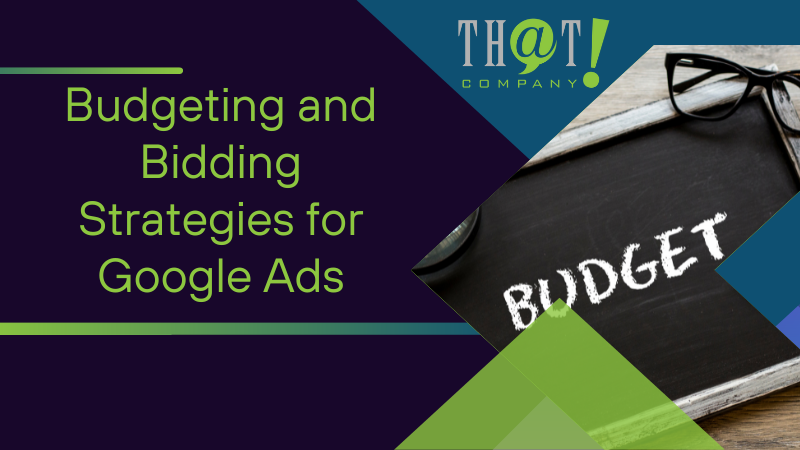
Budgeting and Bidding Strategies for Google Ads
When it comes to effective Google Ads management, including white label PPC management, it’s crucial to establish a feasible budget, conduct research on less competitive keywords, and leverage diverse bidding strategies to make the most of your ad expenditure. Determining your advertising budget involves considering factors such as your financial limitations, product offering, industry landscape, customer segmentation, and overall marketing strategy.
One strategy to reduce Google Ads costs is by targeting long-tail keywords, which are highly specific and less competitive. Additionally, Google. Ads offers eight automated or smart bidding strategies, including Maximize Clicks, which directs as many people as possible to your site at the expense of a higher cost, and Smart Bidding, which uses machine learning to adjust bids and achieve your desired outcomes. By focusing on monthly Google Ads optimization, you can better manage your Google ads costs and improve overall performance.
Another useful strategy is dayparting, which allows you to specify the times when your ads should be displayed to potential customers. Local businesses aiming to draw customers to their physical location can particularly benefit from this approach.
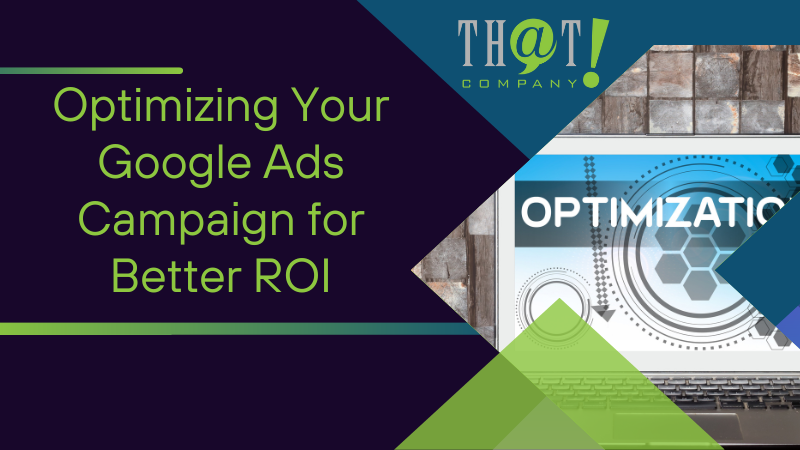
Optimizing Your Google Ads Campaign for Better ROI
Optimizing your Google search results. Ads campaign for improved ROI is crucial for the success of your marketing efforts. To achieve this, monitoring your campaign performance and evaluating the outcomes is essential. Google Analytics can provide invaluable insights into the effectiveness of your Google Ads campaigns, helping you make informed decisions and optimize your campaigns accordingly.
Some strategies to optimize your Google Ads campaigns for better ROI include adjusting your bids based on performance, targeting long-tail keywords, and utilizing ads extensions to provide additional information and increase the visibility of your ads.
By implementing these optimization strategies, you can ensure that your Google Ads campaigns generate conversions and actual business revenue, ultimately leading to a higher return on investment.
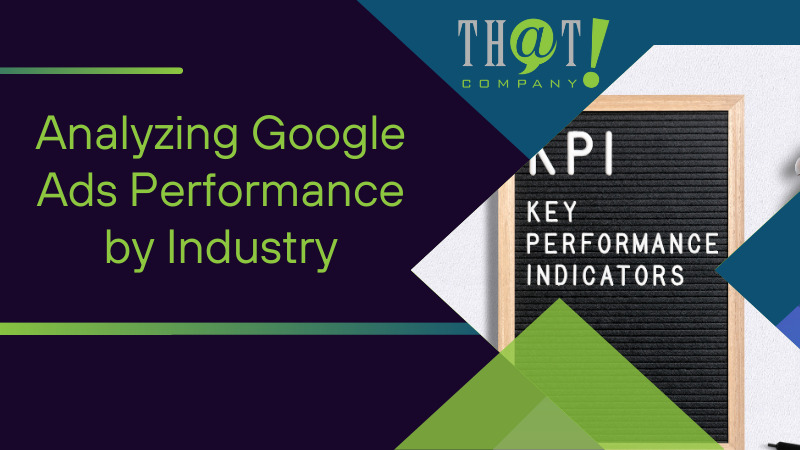
Analyzing Google Ads Performance by Industry
Analyzing Google. Ads performance by industry can help you effectively allocate your budget and optimize your campaigns. By understanding your industry’s average CPC, clickthrough rate (CTR), and conversion rates, you can make more informed decisions about your Google Ads strategy. Metrics to consider when analyzing Google Ads performance by industry include Return on Ad Spend (ROAS), Cost per Acquisition (CPA), Number of Conversions, Clickthrough Rate (CTR), and Cost per Click (CPC).
By comparing your campaign’s performance to industry benchmarks, you can identify areas for improvement and make data-driven decisions to optimize your campaigns. Remember, a thorough understanding of your industry’s Google Ads performance can give you a competitive edge and help you make the most of your advertising budget.
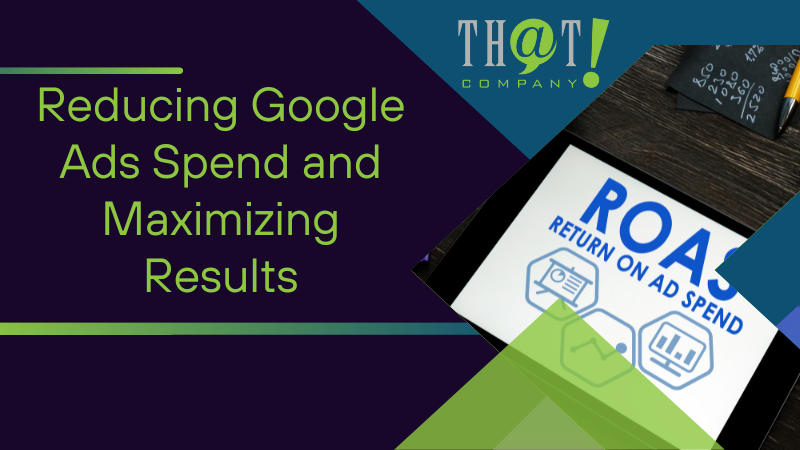
Reducing Google Ads Spend and Maximizing Results
Reducing Google Ads spending and maximizing results can be achieved through various strategies, such as setting daily budget limits, geotargeting, using negative keywords, and improving Quality Scores. Negative keywords can help optimize your Google Ads cost by preventing your ads from appearing on irrelevant search queries that don’t align with your target audience’s intent. By using this tool, you can decrease your advertising expenditure and enhance the quality of visitors to your landing pages. By implementing these strategies, you can not only reduce your Google Ads spend but also maximize results, allowing you to focus on other important aspects of your business, including white label marketing services.
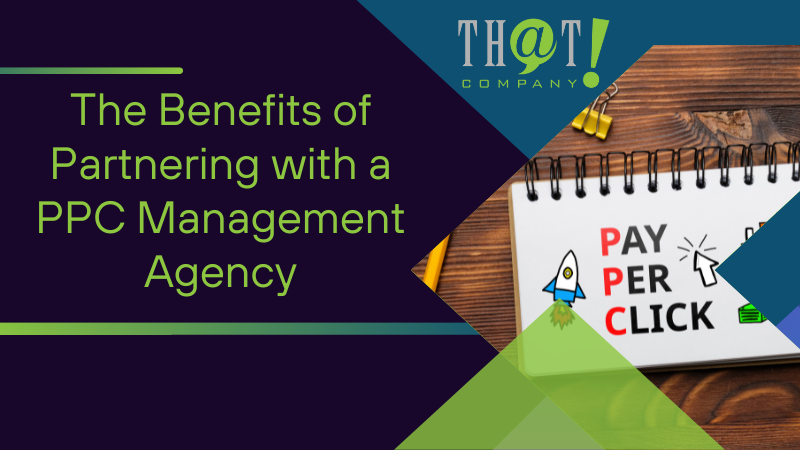
The Benefits of Partnering with a PPC Management Agency
Partnering with a PPC management agency can significantly help businesses optimize their Google Ads campaigns, reduce ad spend, and improve ROI. By collaborating with experts who have extensive knowledge and experience in managing PPC campaigns, you can focus on other aspects of your business, such as growth and expansion.
PPC management agencies can help you optimize your campaigns by monitoring performance, adjusting bids, targeting long-tail keywords, and utilizing ad extensions. By decreasing ads spend and enhancing ROI, your business can preserve funds and improve overall profitability.
In short, collaborating with a PPC management agency can provide invaluable support in optimizing your Google Ads campaigns and maximizing your return on investment.
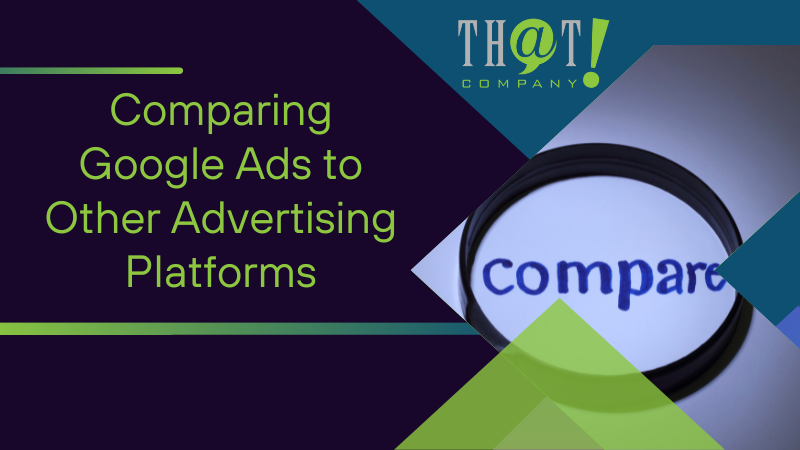
Comparing Google Ads to Other Advertising Platforms
Comparing the Google Ads platform to other advertising platforms can help businesses determine the most effective channels for their marketing efforts, considering factors like cost, reach, and targeting capabilities. For instance, while Google Ads targets users based on their search intent, platforms like Facebook target users based on their search intent. Ads enable more granular audience targeting based on demographics, interests, and behaviors.
Moreover, the cost structure of advertising platforms can vary. Google. Ads typically operate on a pay-per-click (PPC) model, whereas other platforms may have different pricing models, such as cost-per-impression (CPM) or cost-per-action (CPA).
By comparing Google to Google, we can compare Google to Google. Ads with other advertising platforms, you can make informed decisions about which channels are best suited for your marketing goals, enabling you to allocate your budget more effectively and achieve better results.
In conclusion, understanding Google Ads costs and the factors influencing them is crucial for businesses looking to optimize their campaigns and maximize ROI. By considering industry, location, audience targeting, and other factors, businesses can make informed decisions about their Google Ads campaigns and allocate their budget more effectively. Don’t forget the importance of monitoring performance, optimizing bids, and utilizing various strategies to reduce ad spend and maximize results. By doing so, businesses can not only save money but also achieve better results with their Google Ads campaigns.

Frequently Asked Questions
How much Google Ads charge?
The average cost per click on Google Ads is between $1 and $2, with an average cost per lead of $40.74, according to WordStream’s data. Ad benchmarks report from 2021.
The average cost per link on the Google Display Network is under $1.
Is it worth paying for Google Ads?
Google is the most popular search engine. Ads are a great way to boost sales, drive traffic, and increase awareness of your brand, making them a highly effective PPC advertising solution. Therefore, it is certainly worth investing in Google Ads.
Is $500 enough for Google Ads?
It depends on your goals and expectations, but $500 can be a good starting point for testing the waters with Google Ads.
What is the average cost-per-click (CPC) for Google Ads?
On average, Google Ads cost between $1 and $2 per click for the Search Network and less than $1 per click for the Display Network.
How does industry affect Google Ads costs?
The cost of Google Ads can be affected by the industry involved – as industries like legal, insurance and finance typically have higher CPCs due to high customer value, while other industries such as travel and hospitality, ecommerce and advocacy have lower CPCs.

